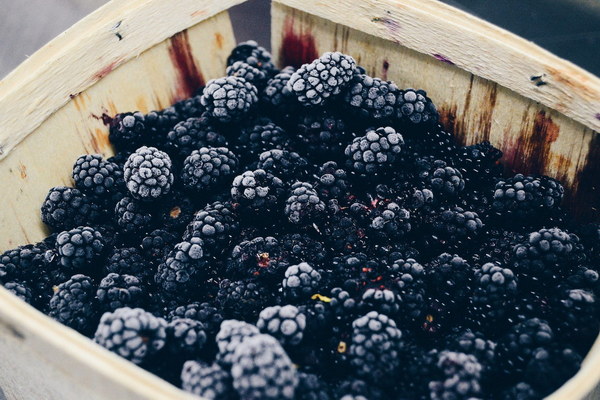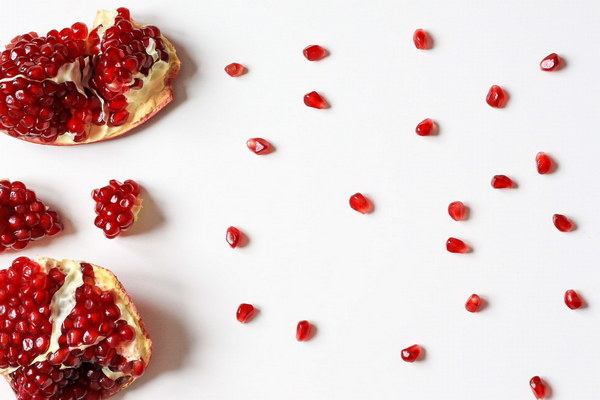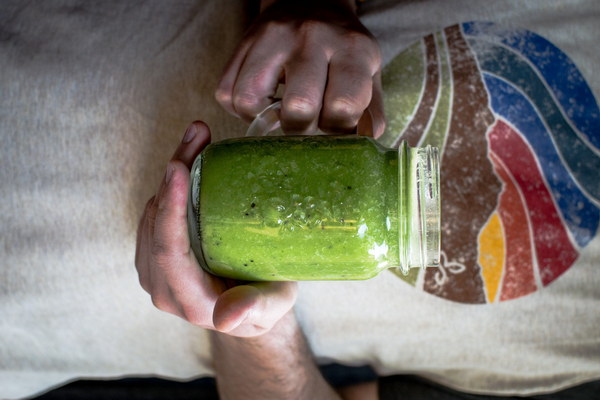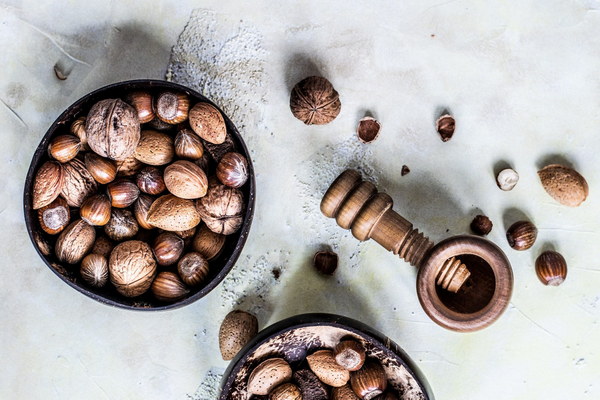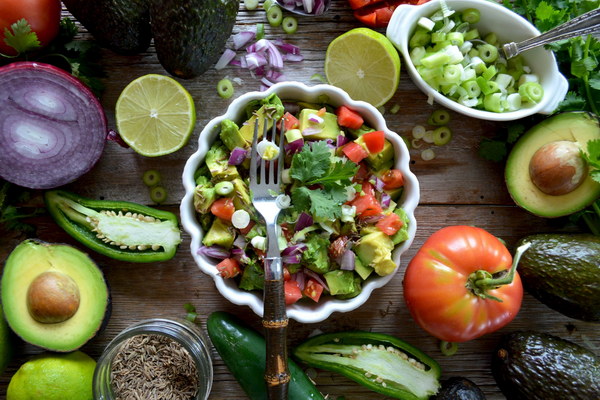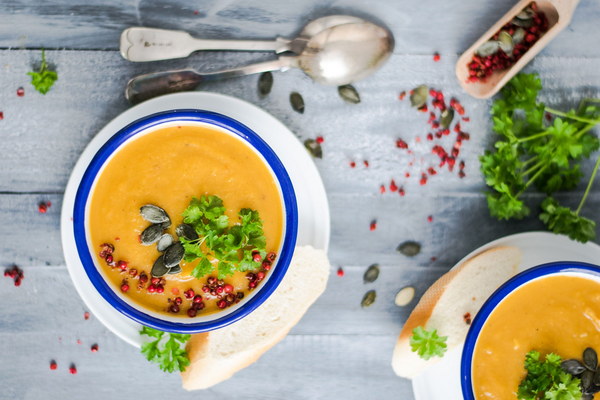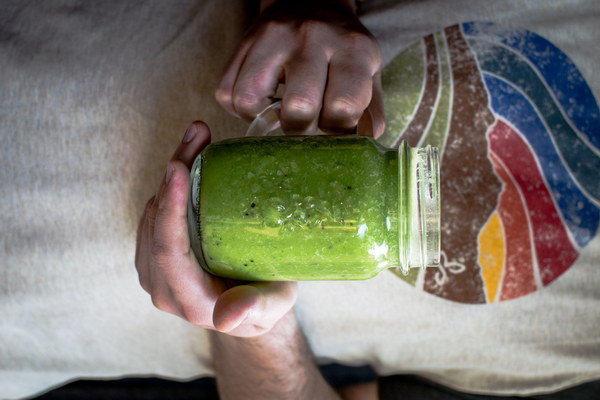Nourishing Your Stomach A Guide to Foods That Benefit Your Daily Diet
In the fast-paced world we live in, taking care of our digestive health is often overlooked. However, a healthy stomach is crucial for overall well-being. Incorporating certain foods into your daily diet can not only improve your gut health but also enhance your overall quality of life. Here's a guide to what you should include in your diet to nourish your stomach.
1. Fermented Foods
Fermented foods are rich in probiotics, which are beneficial bacteria that help maintain a healthy gut flora. Including fermented foods in your diet can aid digestion and reduce inflammation. Some excellent options include:
- Yogurt: Choose plain, unsweetened yogurt with live cultures.
- Kefir: A fermented milk drink that is rich in probiotics.
- Sauerkraut: A tangy and flavorful side dish made from fermented cabbage.
- Kimchi: A spicy Korean dish made from fermented vegetables.
2. Fruits and Vegetables
Certain fruits and vegetables are high in fiber and antioxidants, which can help keep your digestive system running smoothly. Here are some stomach-friendly picks:
- Apples: The fiber in apples can help regulate bowel movements.
- Bananas: Their high potassium content can help with muscle function, including those in your digestive tract.
- Sweet Potatoes: High in beta-carotene and fiber, they are gentle on the stomach.
- Broccoli: This cruciferous vegetable is rich in fiber and can aid in digestion.
- Carrots: They contain fiber and can help with digestion and elimination.
3. Whole Grains
Whole grains are a great source of fiber and can help keep you feeling full and satisfied. When it comes to whole grains, think whole wheat, brown rice, and quinoa:
- Whole Wheat Bread: Opt for whole wheat instead of white to increase fiber intake.
- Brown Rice: A whole grain that is easy on the stomach and rich in fiber.
- Quinoa: A complete protein and gluten-free grain that is high in fiber.
4. Lean Proteins
Protein is essential for muscle repair and maintenance, and choosing lean protein sources can also help with digestion:
- Chicken Breast: A lean source of protein that is easy to digest.
- Tofu: Made from soybeans, tofu is a versatile, gluten-free protein option.
- Fish: Fish like salmon, trout, and mackerel are rich in omega-3 fatty acids, which can help reduce inflammation in the gut.
5. Herbs and Spices
Some herbs and spices have natural digestive properties and can be added to your meals to improve stomach health:
- Ginger: Known for its anti-inflammatory properties, ginger can help with nausea and bloating.
- Cinnamon: This spice can help regulate blood sugar levels and improve digestion.
- Turmeric: A powerful antioxidant that can help reduce inflammation in the gut.
6. Hydration

Proper hydration is essential for digestion. Water helps to keep your digestive tract moving smoothly and can prevent constipation. Aim to drink at least 8 glasses of water a day, and consider adding a slice of lemon or cucumber for added flavor.
7. Avoidance of Irritants
Certain foods can irritate your stomach and cause discomfort. It's best to avoid or limit these in your diet:
- Fatty Foods: High-fat foods can slow down digestion and lead to bloating.
- Spicy Foods: Spices can irritate the stomach lining for some people.
- Alcohol: Excessive alcohol can disrupt gut flora and lead to digestive issues.
By incorporating these stomach-friendly foods into your daily diet, you can support your digestive health and enjoy a more comfortable and functional gut. Remember, it's also important to listen to your body and adjust your diet according to your individual needs and sensitivities.
